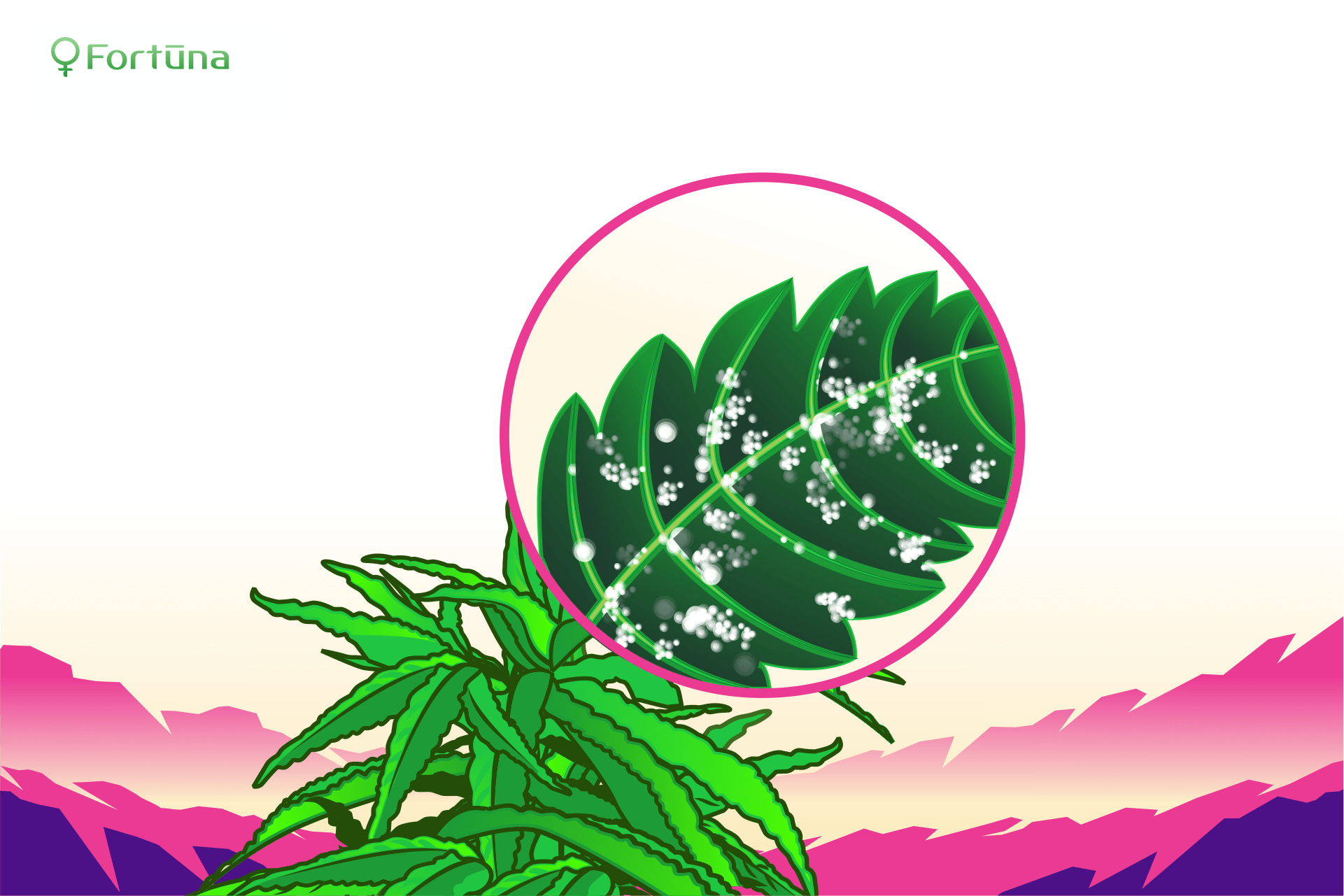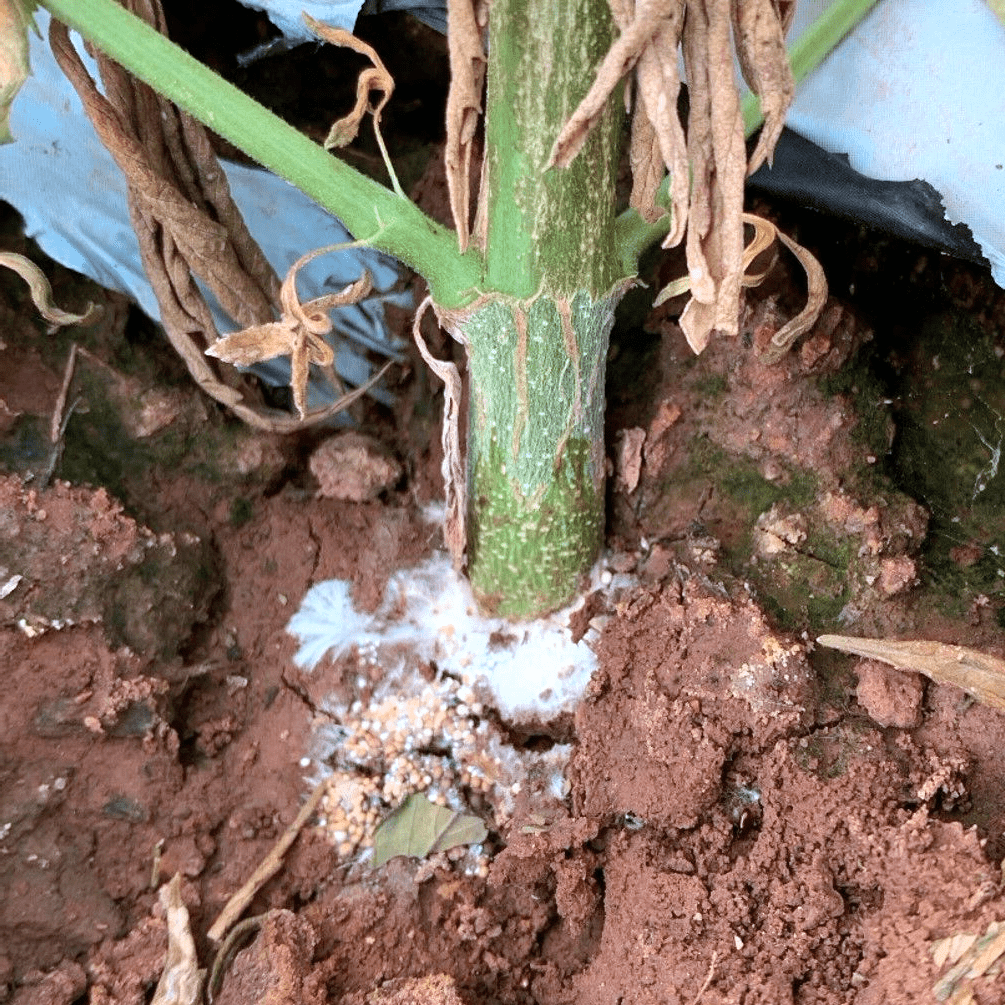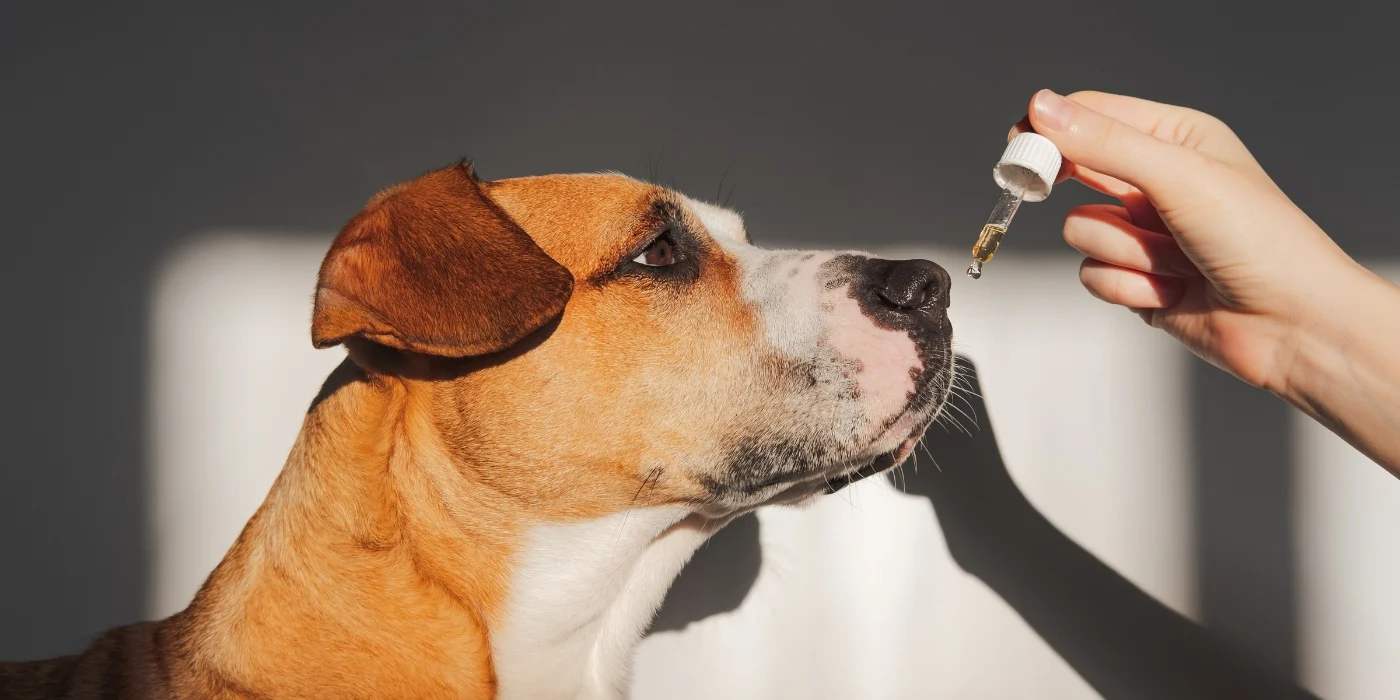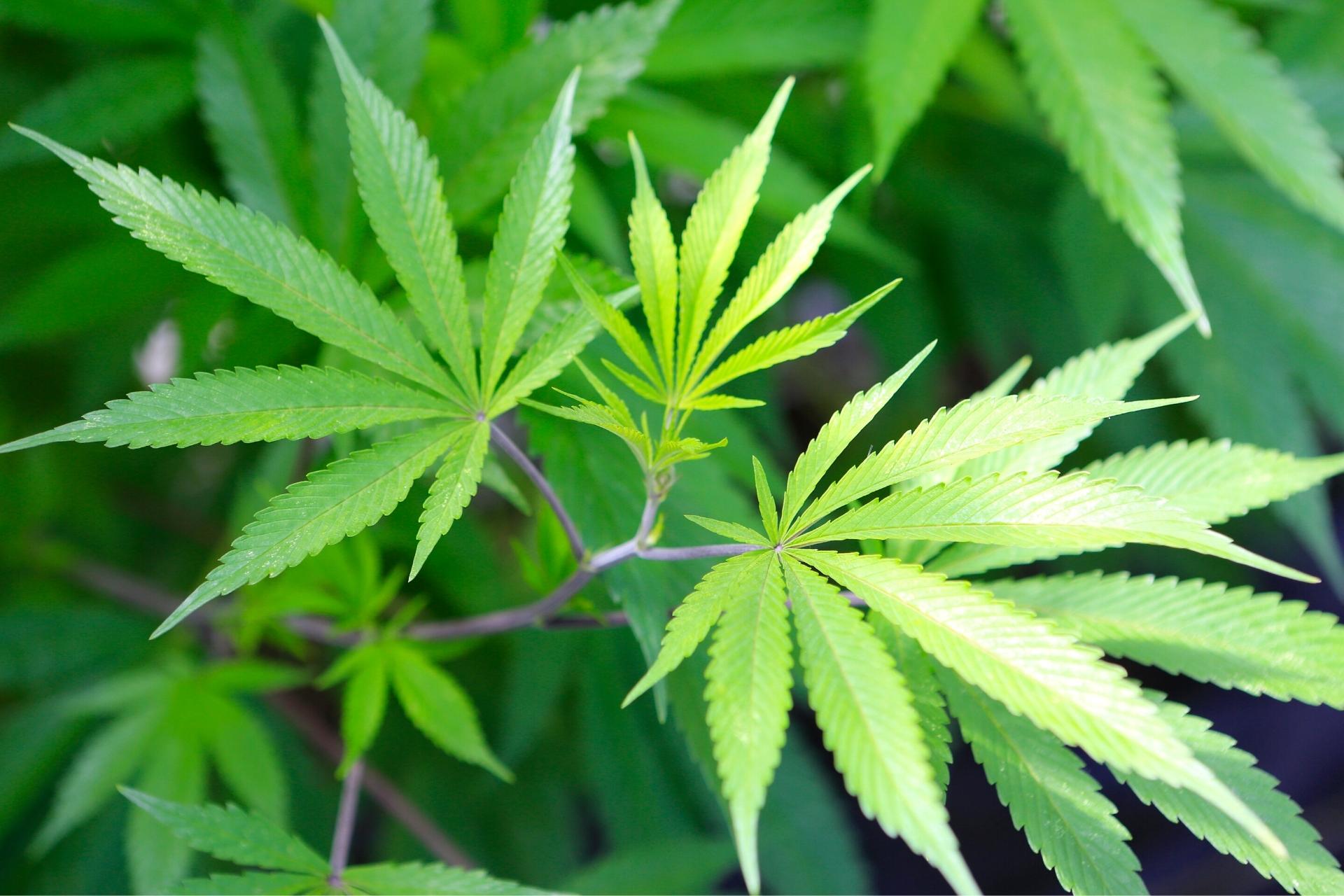
- Guides
-
by gu
Hemp fungal disease is sweeping Louisiana hemp farms. The issue is quite common for many plants in the warm, moist Louisiana climate. However, the problem is of particular concern to LA hemp farmers who face limited treatment options.
Louisiana’s hemp program is relatively new, having issued its first 100 licenses earlier this year. Unfortunately, more than 2500 acres of LA hemp farmland are susceptible to moisture-related complications that are not manageable by ordinary means. Primary hemp crop concerns in Lousiana include the hemp fungal disease, Southern Blight, and a water mold issue called Root Rot.
Compounding hemp fungal disease concern is the limited access to state-approved treatment options. There are currently only ten approved hemp pesticides in Louisiana, none of which are fungicides. While neighboring farmers treat things like soy, tomatoes, peppers, and eggplant with topical fungicides, hemp farmers have nothing. As such, growers must resort to unique means of fungi eradication. Failure to do so can be costly.
According to Louisiana-based hemp farming company, Virgin Hemp Farms, hemp fungal disease contributed to the loss of 30 to 50 percent of their 60-acre hemp farming land. With an average ROI of CBD hemp being as much as $50,000 per acre, a loss this drastic is substantial.
Addressing Hemp Fungal Disease in Louisiana
 LA farms are prone to fungal disease but have yet to develop appropriate treatment options for hemp crops. The Environmental Protection Agency is currently working to approve more pesticides and fungicides for use on hemp crops. However, the process takes time, and 2020 LA hemp farmers simply do not have any time to spare.
LA farms are prone to fungal disease but have yet to develop appropriate treatment options for hemp crops. The Environmental Protection Agency is currently working to approve more pesticides and fungicides for use on hemp crops. However, the process takes time, and 2020 LA hemp farmers simply do not have any time to spare.
As farmers await EPA hemp fungicide approval, many are addressing the issue by other means. For example, Virginia Hemp Farms has introduced beneficial bacteria to their crops, which colonizes the root system and starves the fungus of resources.
Another way to ward against hemp fungal disease is to grow hemp exclusively indoors or in greenhouse environments. Growing hemp in greenhouses allows farmers to precisely control the environment, including both temperature and moisture control. Indoor growing environments also give farmers the option to utilize positive pressure rooms and to require scrubs and booties of all employees and visitors. Finally, ultraviolet light may be a viable, non-chemical hemp fungal disease treatment, as well.
Final Thoughts on Treating Hemp Fungal Disease
Hemp farming is tremendously different than other crops. In addition to extra licensing, testing, and record-keeping, hemp farmers must also adhere to a stricter set of protocols than any other agricultural commodity.
As such, hemp farmers must be resourceful in every aspect of the hemp farming process. Moreover, they must understand the profound complexities of hemp farming, from germination through harvest and beyond.
There are many steps farmers can take to protect the integrity of their crops. Notably, the most important thing is to procure sturdy, reliable genetics. Farmers should always purchase seeds with a history of stability and a strong genetic line. In doing, farmers can grow abundant CBD hemp crops that can withstand damage and ward against hemp fungal disease.
Our selection of feminized CBD seeds meets both federal hemp compliance laws and our own high standards. Contact us for more information about our sturdy CBD hemp seeds. We’d love to get you growing!



